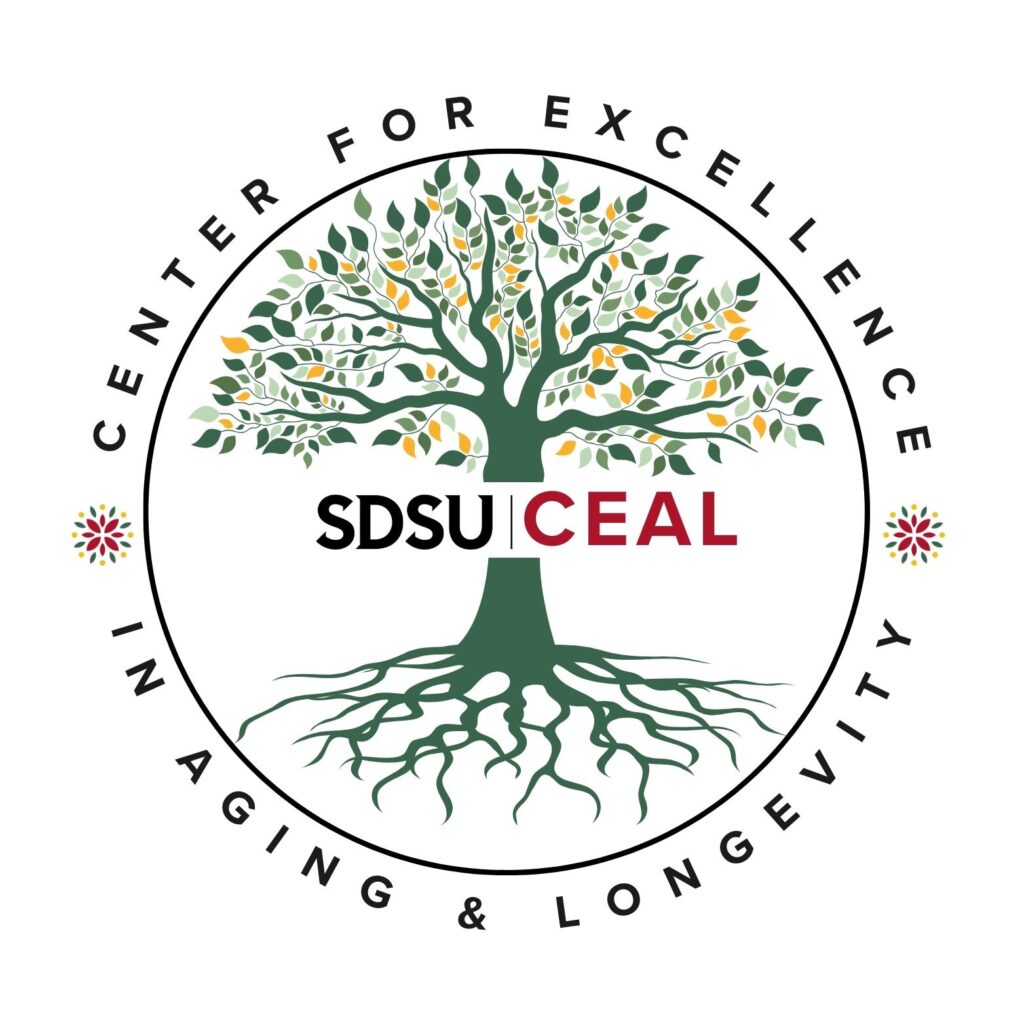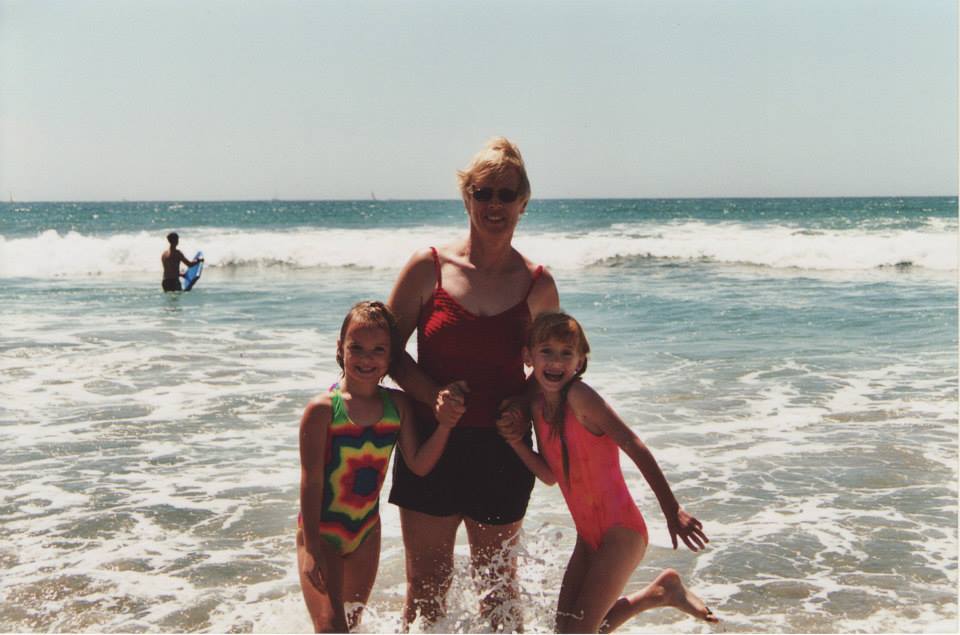By Claire Grimes, MSW Intern, Social Policy Institute
I was a young teen when I had my first experience with caregiving. My grandmother had been fighting cancer for the second time in her life when the chemo stopped working. I watched as her frail body withered and shrunk as it gave in to the cancer that destroyed her body. With no training or medical background, my mom assumed the caretaker role when the nurses left. My family was living overseas at the time, and so we separated for a month while I went with my mom and sister to care for grandma, with the rest of my family joining later.
When my grandma passed, we were filled with both grief and relief. We grieved the fact that she was gone, but there was also a relief that she was no longer in pain. There was a sense of relief that life could go back to normal, and yet grief that it would never be the same.
San Diego is home to an estimated 650,000 caregivers. Many of these caregivers are family and friends of their loved one who is chronically or terminally ill. Nothing can prepare you for the heartache of losing a loved one, but there is help for the people taking care of them.
In mid-October, the Center for Excellence in Aging and Longevity (CEAL) and the San Diego Caregiver Coalition hosted a Caregiver Resource Fair on San Diego State University’s campus. The event featured local organizations offering a wealth of resources for individuals caring for loved ones. Faculty, staff, and students explored community and university resources. These types of campus events highlight the prevalence of caregiving and the diverse age groups within the university community. Attendees had the opportunity to seek assistance for various caregiving challenges and to connect with fellow students who are also caregivers.
CEAL also offers free Caregiver Training and Peer Support for caregivers. This program provides courses ranging from introductory to advanced levels, equipping caregivers from diverse backgrounds with essential skills. Additionally, specialized courses focus on end-of-life care and dementia training. CEAL’s Peer Support groups offer caregivers a supportive space to connect, process their experiences, and engage with fellow caregivers.
Caregiving can be a difficult, heavy task for a family. Community resources are essential to ensure the well-being of both the caregiver and the care recipient. CEAL is dedicated to providing caregivers with such resources and fostering a sense of community, aiming to address the current and future challenges of healthy aging throughout life. Resources like CEAL’s Caregiver Training and Peer Support could have greatly benefited my family, especially my mom, as we navigated the new role of caring for my grandma at the end of her life. If you are a caregiver in need of help and support, remember that you are not alone. You do not have to walk through this experience by yourself.

